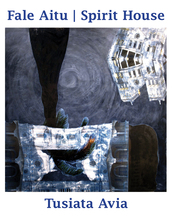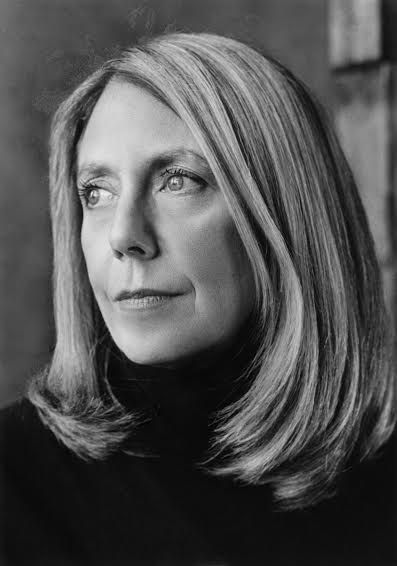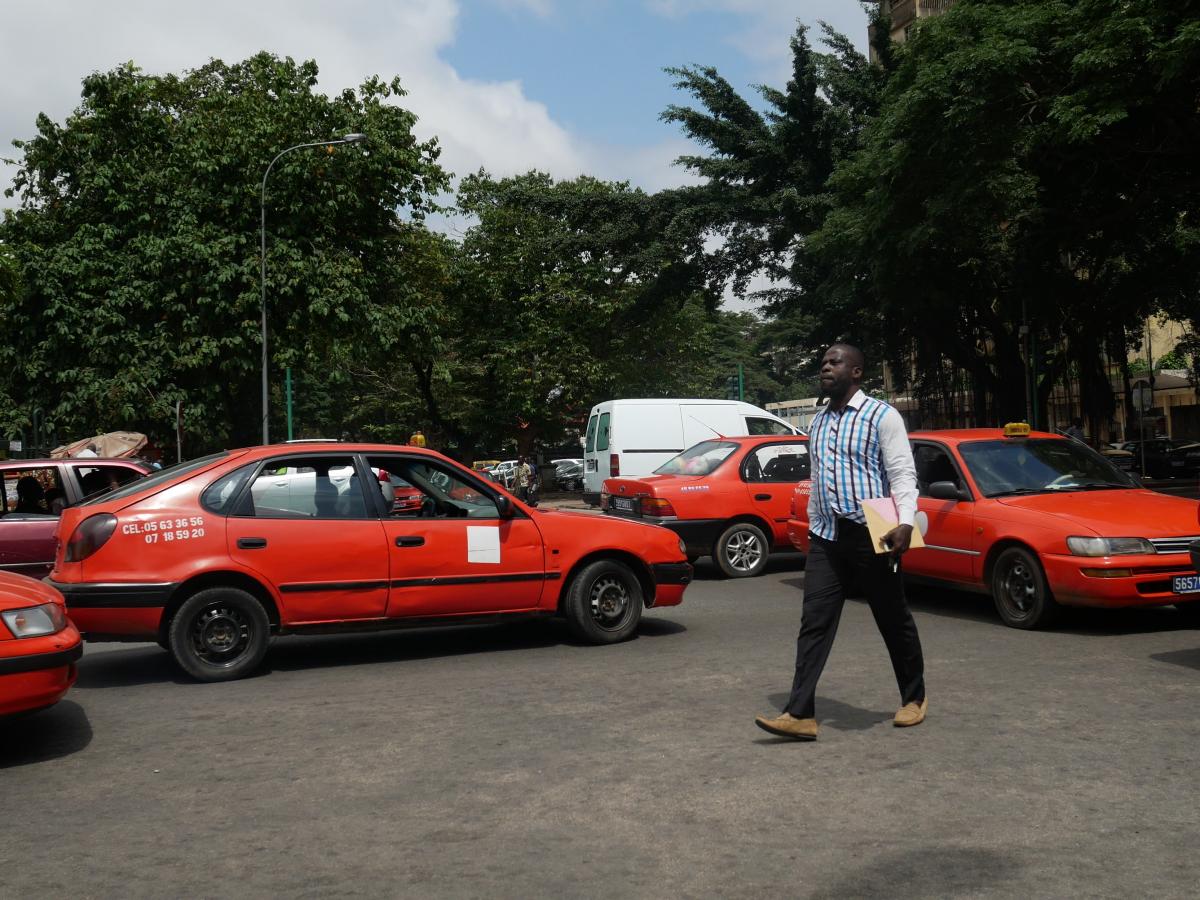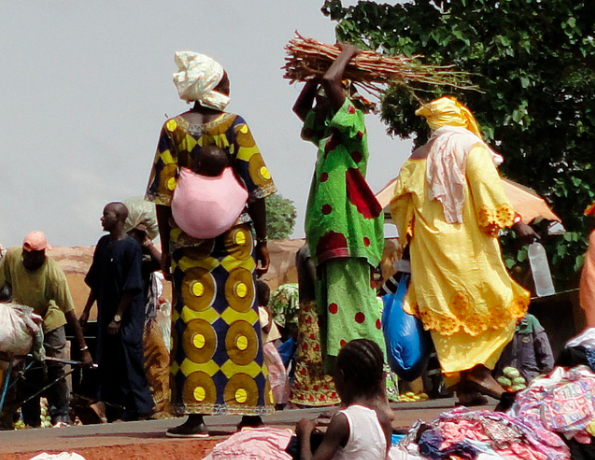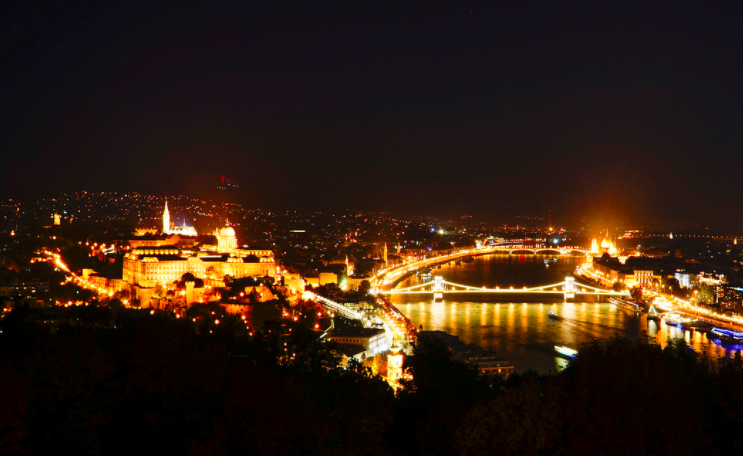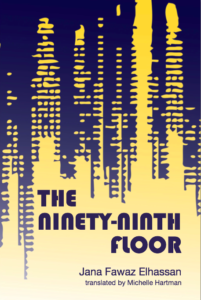
Translated by MICHELLE HARTMAN
New York, Spring 2000
When I first got together with Hilda, I used to enjoy contemplating her reflection in the mirror for hours. I would intentionally take her to cafés and other places filled with mirrors. I’d look at her features in the mirror more than I’d gaze at her directly, as if purposely creating a distance between the physical being that was ostensibly her and her reflection, because a person’s mirror image reveals more of who they really are; it reveals, in fact, the inner self, and to look upon that, as gratifying as it is, requires extraordinary courage.
